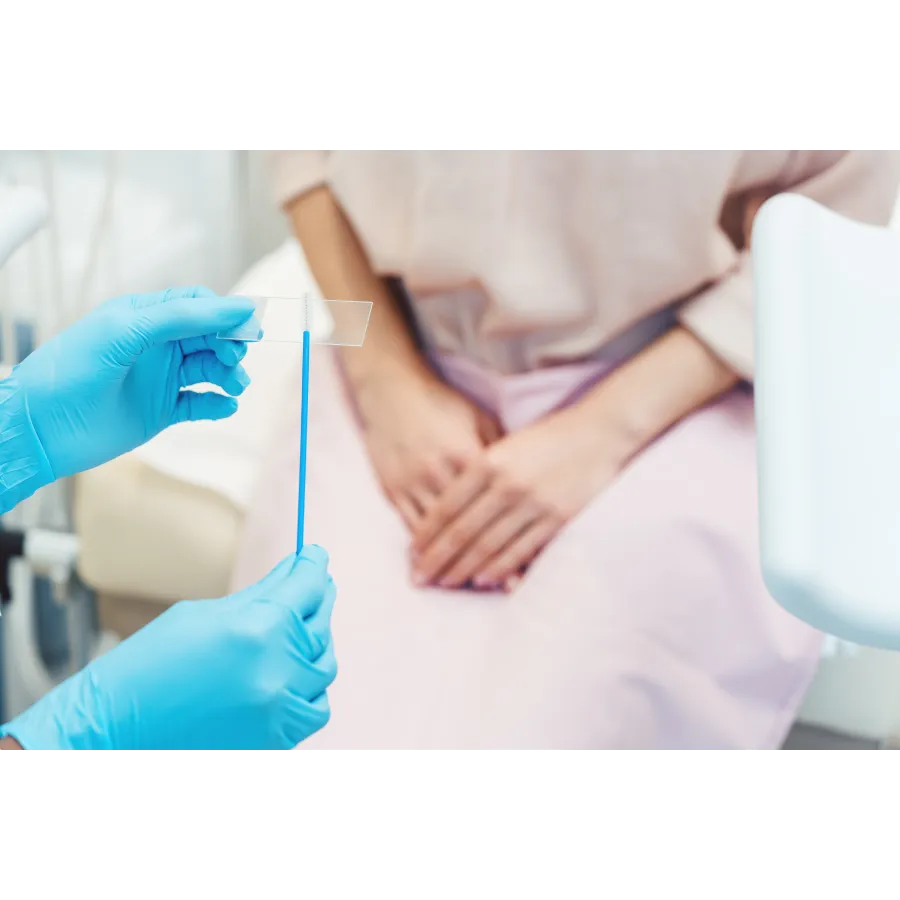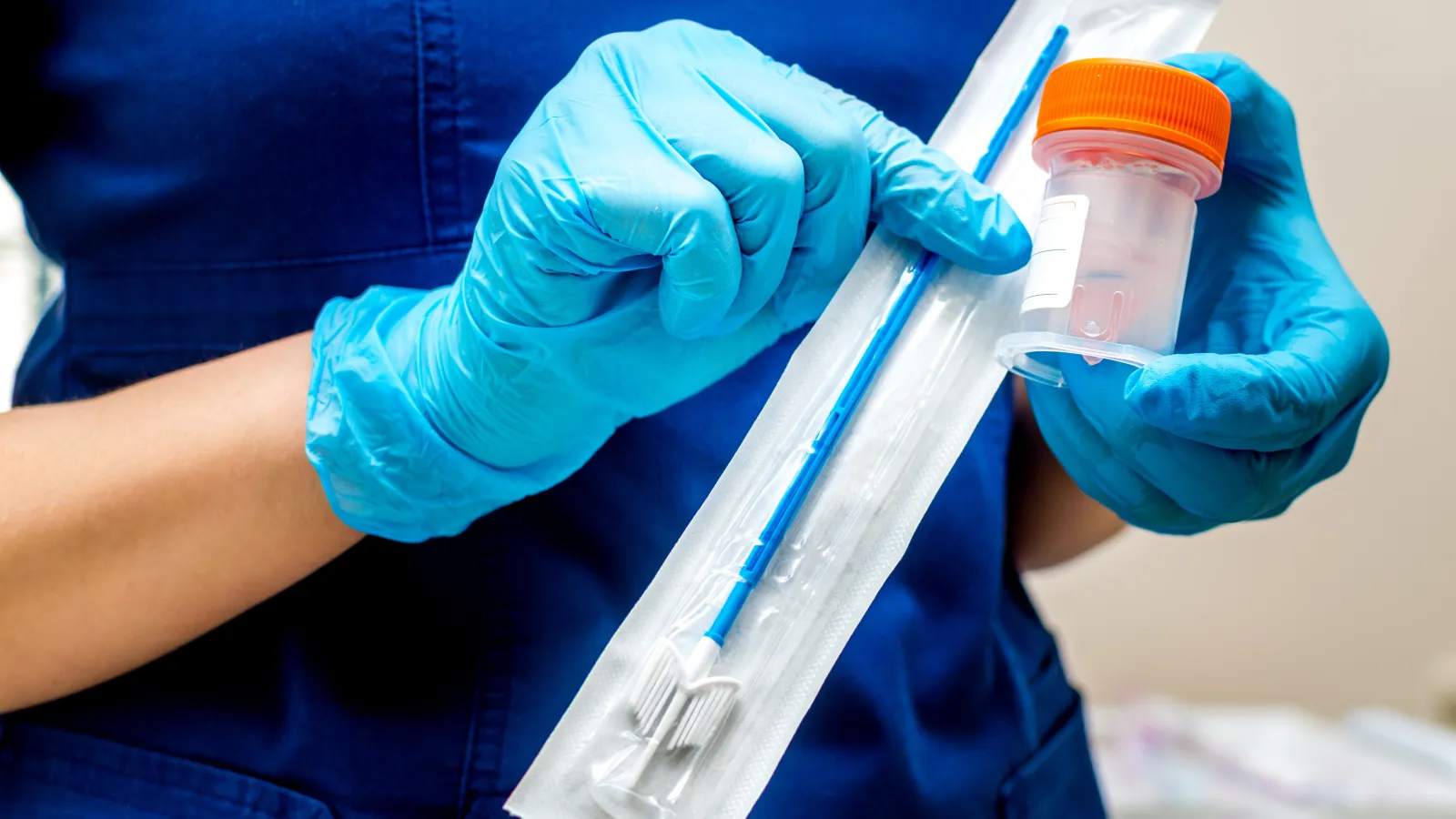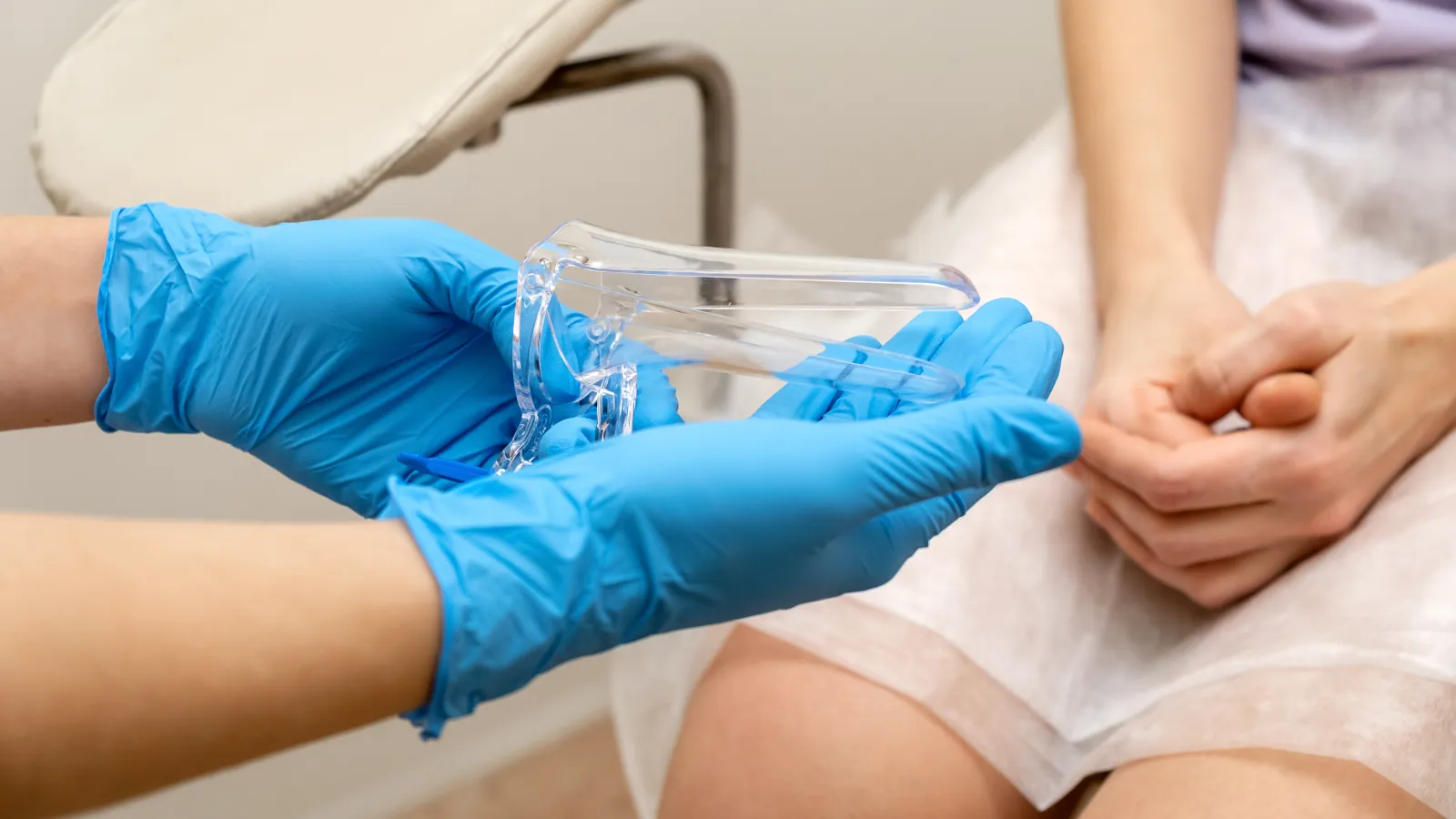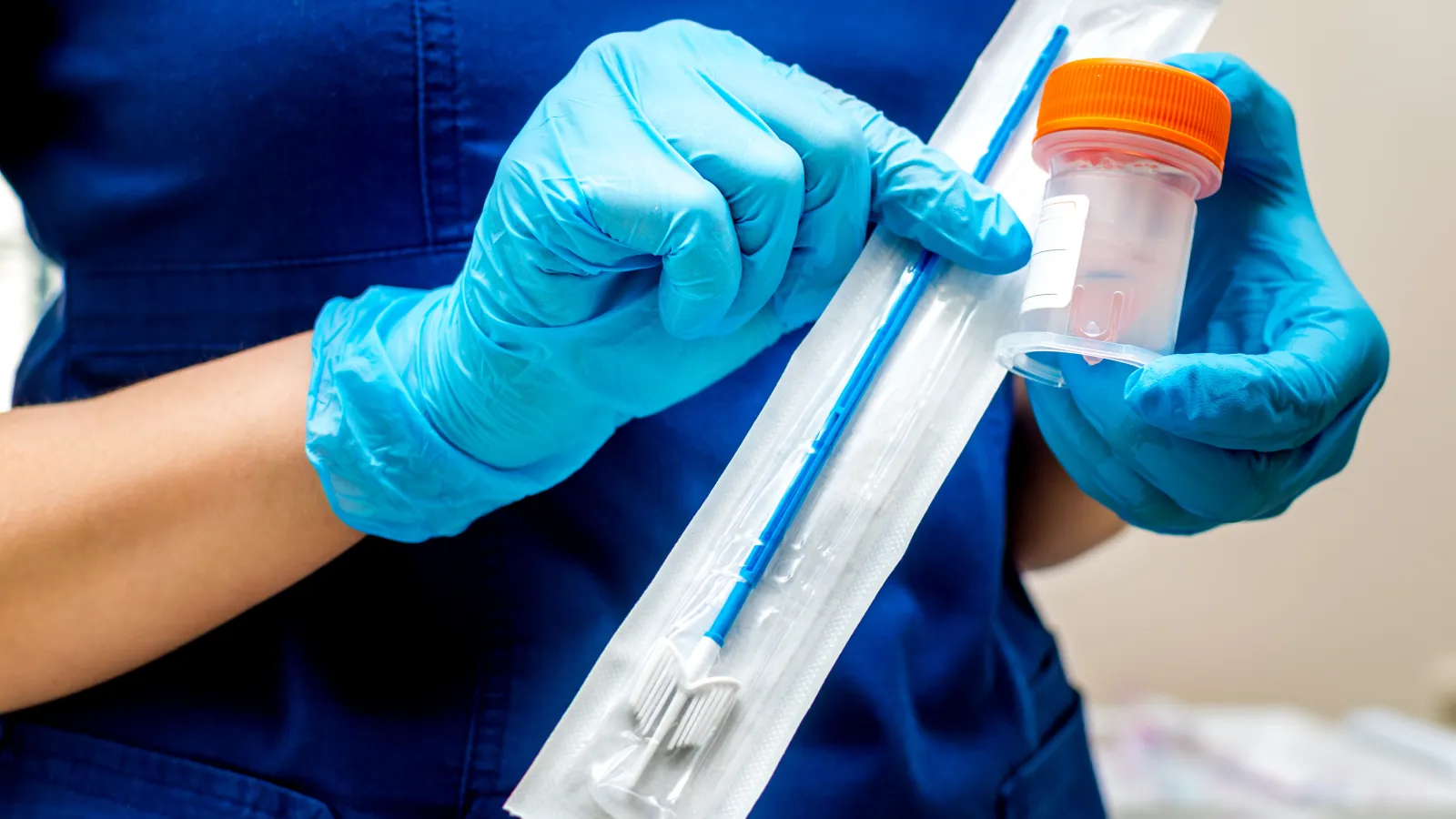Pap Smear
What is a Pap Smear?
And How Advanced Gynecology Can Help
For more information, schedule an appointment today or call us to speak with one of our patient coordinators.

When You Should Get a Pap Smear
Meet with a specialist to discuss your current health situation to determine if a Pap smear is right for you, when it's time for you to begin testing, and how often you should have the test. Generally, doctors recommend Pap smears at age 21.
When you meet with your specialist, it is always important to disclose if you've ever had an abnormal Pap test or if you might be currently pregnant.
How Often a Pap Smear Should be Repeated
Your doctor may recommend repeating Pap test every three years for women ages 21 to 65. Women age 30 and older may consider getting a Pap smear every five years if the procedure is combined with testing for HPV or consider HPV testing instead of the Pap smear.
When You Shouldn’t Get a Pap Smear
- You've received a diagnosis of cervical cancer or a Pap smear that showed precancerous cells
- If you were exposed to diethylstilbestrol (DES) before birth
- If you are HIV positive
- If you have a weakened immune system due to organ transplant, chemotherapy, or chronic corticosteroid use
- If you have a history of smoking




